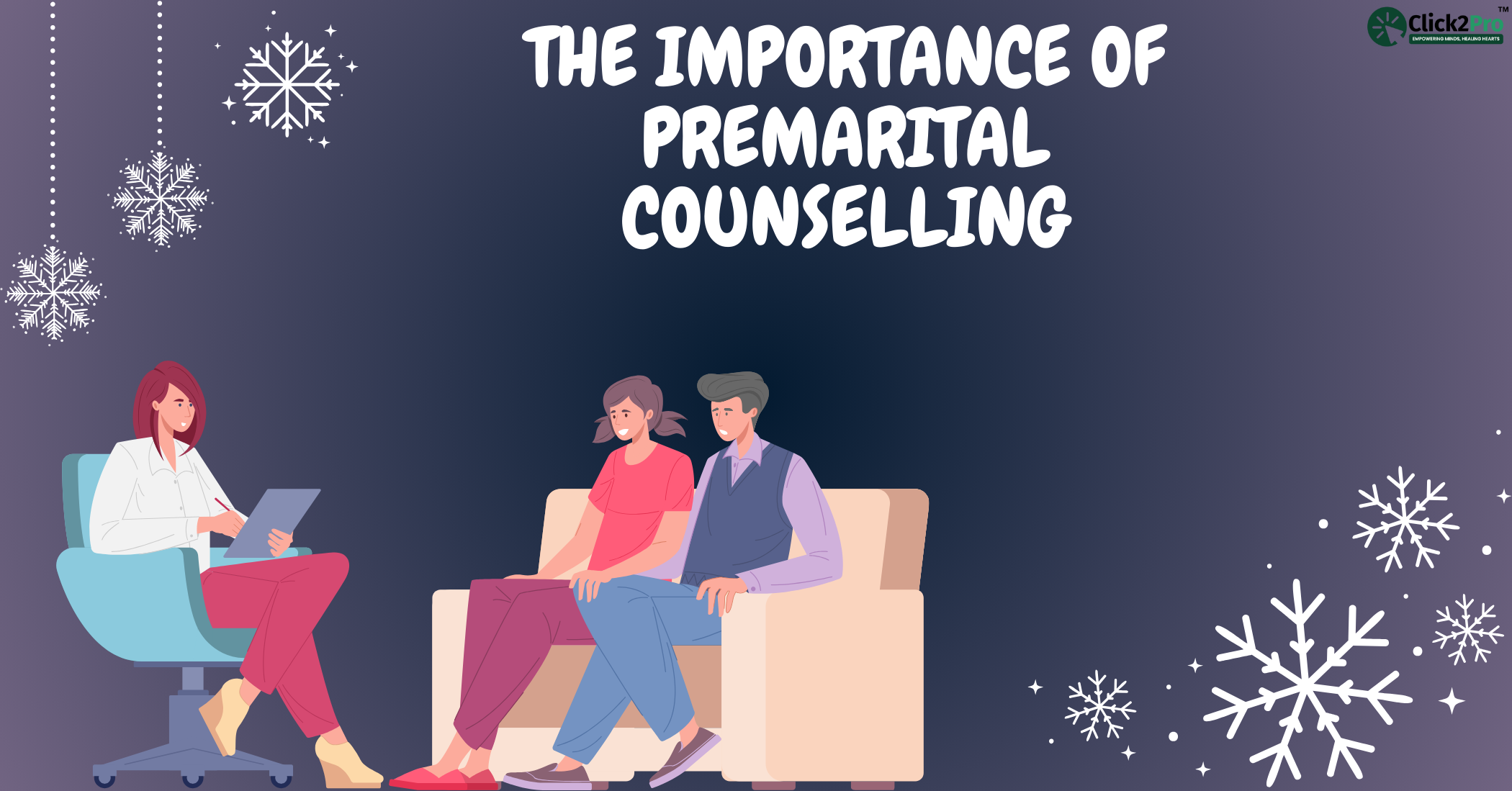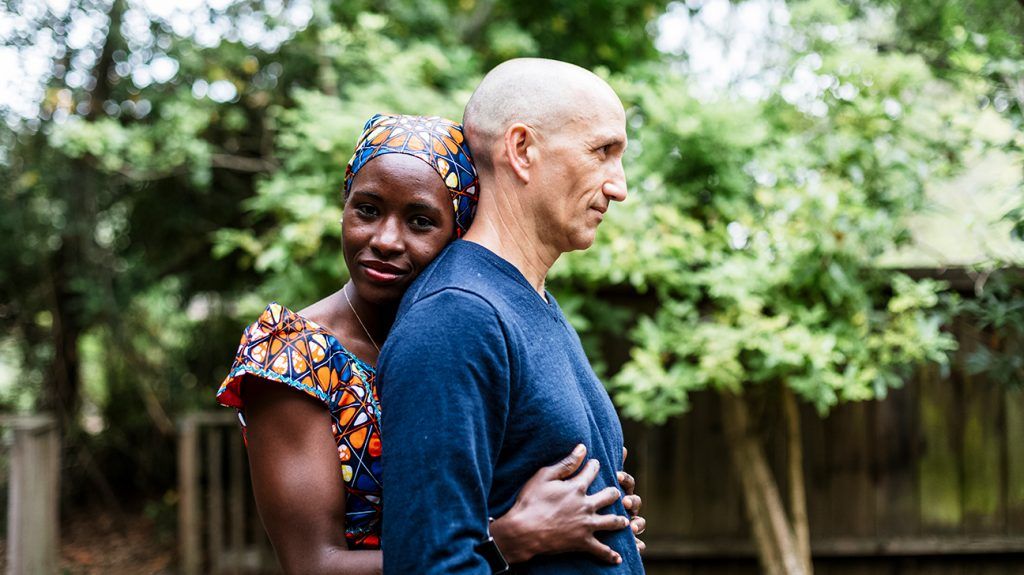
:max_bytes(150000):strip_icc()/Kitzcornermedium-c9abd848ea634040a06bb6db8b8a7304.jpg)
Emotional Support: Strengthening Your Partnership in Hardship by Being There for Your Spouse
Estimated Reading Time: 6 Minutes
"The greatest gift you can give someone is your presence." — Thich Nhat Hanh
Introduction
Emotional support is the cornerstone of any strong relationship. It is the act of showing care, compassion, and understanding for your partner, conveyed through both verbal and nonverbal actions. This support encompasses actions like listening empathetically, validating feelings, and offering encouragement.
In relationships, emotional support plays a crucial role because it helps partners feel heard, valued, and cared for—especially during tough times. When life brings challenges, being there for your spouse becomes essential. It not only strengthens the bond you share but also lays a solid foundation for your partnership. This article explores practical ways to provide emotional support, the significance of a partnership in hardship, and strategies to overcome barriers to emotional availability.
Understanding Emotional Support
What Emotional Support Entails
Listening EmpatheticallyListening empathetically is one of the most vital aspects of emotional support. It requires you to engage completely with your partner’s words and feelings without judgment. You can:
- Maintain eye contact and nod to show you're listening.
- Avoid interrupting them while they express themselves.
- Reflect back their feelings to show you understand their perspective.
Empathic listening helps your partner feel like they matter, which is why it’s one of the best gifts you can give them. Mastering Marriage Communication
Validating FeelingsValidation is about acknowledging and affirming your partner's emotions, even if you may not fully understand them. You can do this by using phrases such as:
- "I understand how you feel."
- "Your feelings are valid."
This approach helps reinforce the idea that their emotions are real and acceptable, and not just a figment of their imagination.
Offering EncouragementBeing a source of encouragement can lift your partner’s spirits immensely. It involves:
- Reassuring them they are not alone in facing their struggles.
- Providing uplifting words to remind them of their strengths.
- Supporting their efforts to cope, no matter how big or small.
All of these actions contribute to a profound sense of emotional support in your partnership. Guide to a Happy Married Life for Newly Married Couples
Importance of Emotional Availability
Emotional availability is crucial in relationships. It means being present and responsive to your partner's emotional needs, enhancing trust and intimacy between both of you. When partners are emotionally available, they create deeper connections, allowing them to understand and relate to each other better. This is a key aspect of effective emotional support and contributes significantly to the health of your relationship. Building Emotional Intimacy: Pre-Marriage Bonding Strategies for Developing a Deeper Relationship Connection
Partnership in Hardship
Introducing "Partnership in Hardship"
Partnership in hardship reflects a commitment to standing side by side with your partner through life's challenges. This concept emphasizes unity and resilience during tough times. Whether you're facing personal struggles or external stressors, standing together can significantly strengthen your bond.
How Facing Challenges Together Strengthens Relationships
Mutual support during difficult times fosters teamwork and trust. It leads to emotional intimacy, which is essential for a thriving partnership. Couples who navigate hardships together often find that their relationship grows stronger, as they learn to lean on each other when times get tough. Such experiences can deepen love and affection, making both partners feel more connected.
Examples of Common Hardships Couples May Face
- Job Loss or Career Setbacks: Losing a job is a significant stressor that can impact self-esteem and financial well-being.
- Health Issues: Whether dealing with illness or chronic conditions, health challenges can strain relationships.
- Family Crises: Couples may face challenges like caregiving responsibilities or conflicts within the family.
- Financial Strain: Financial stress, whether from debt, budgeting challenges, or unexpected expenses, can create tension.
- Bereavement: Coping with the loss of loved ones can be one of the hardest experiences in life, and supporting each other through grief is essential.
Understanding that you are in this together—facing obstacles and overcoming them side by side—creates a stronger partnership that thrives under adversity.
The Role of Unity in Overcoming Hardships
Emphasizing unity and approaching challenges as a team is vital. When couples support one another, it leads to stronger bonds and personal growth. Standing together during hard times can transform an otherwise overwhelming situation into an opportunity for connection, understanding, and love.
Being There for Your Spouse
Practical Tips on How to Be Emotionally Available
Active Listening TechniquesListening is more than just hearing words; it's about making your partner feel understood. Here are some techniques to implement:
- Maintain eye contact and set aside distractions, such as phones.
- Nod occasionally and provide verbal cues, like "I see," to show you are engaged.
- Reflect back what your partner has said to ensure you understand their perspective.
It's crucial to avoid dismissing or minimizing your partner's feelings. Instead, offer validation by saying things like, "That sounds really frustrating" or "I can see that you're upset." This approach reassures your partner that their emotions are legitimate, fostering a supportive atmosphere.
Encouraging Open Communication About EmotionsCreate a safe space where your partner feels comfortable expressing their feelings. Here are some ideas:
- Ask open-ended questions to promote deeper conversations.
- Encourage them to share their emotions without fear of judgment.
Open communication helps both partners express their feelings, leading to greater intimacy and understanding. Essential Premarital Discussion Topics for Building a Strong and Lasting Marriage
Being Physically Present and Engaged During Tough TimesPhysical presence holds immense power. Offering hugs, holding hands, or just sitting next to each other can provide comfort during tough times. Being physically present shows your spouse that you care deeply about their well-being and are willing to be there for them when it truly matters. Intimacy in Marriage: How Physical Closeness and Romantic Connection Strengthen Your Relationship
Demonstrating Continuous Support
Emotional support is not a one-time act; it requires consistency. Regularly showing affection and understanding helps your partner feel valued and supported in the long run. Acknowledging that support may look different in various situations—sometimes it might be a listening ear, while other times it’s a warm hug—can enrich your relationship. A Guide to Health, Wellness post Marriage
Creating a Supportive Environment
Importance of a Safe Space for Vulnerable Conversations
A nurturing environment is essential for open and vulnerable conversations. Building a nonjudgmental space encourages honest expression and fosters trust. This atmosphere helps both partners feel secure, allowing them to share their deepest fears and feelings without fear of criticism.
Tips on Fostering a Nurturing and Uplifting Atmosphere
- Maintaining a Nonjudgmental Attitude: Accept your partner's emotions without criticism or sarcasm.
- Respecting Your Partner's Boundaries: Understand personal limits and comfort levels.
- Offering Warmth, Patience, and Encouragement: Use kind words and supportive language.
- Creating Rituals of Connection: Establish regular check-ins or fun date nights to foster closeness and connection.
Fostering this nurturing environment will strengthen your emotional support and greatly benefit your relationship.
Benefits of a Supportive Environment
A supportive environment allows both partners to express fears and hopes freely while strengthening the foundation of trust. When you both feel safe and secure, it becomes much easier to build emotional resilience as a couple.
The Mutual Exchange of Support
Explaining Mutual Support and Reciprocity
Mutual support is about both partners actively giving and receiving emotional support. This reciprocal relationship is crucial for maintaining balance. If one partner provides support all the time while the other only receives, it can create resentment and emotional strain.
Balancing Emotional Support in the Relationship
Preventing an imbalance of support is crucial for both partners to feel secure. Encourage each other to express emotional needs, demonstrating flexibility and understanding. When both partners are tuned in to each other's emotional states, it strengthens the relationship and helps it flourish.
Open Discussions About Emotional Needs and Boundaries
Regular conversations about emotional well-being help each partner stay connected and aligned. Discussing what each of you needs fosters a strong sense of partnership and connectivity. Conflict Resolution Strategies: How to Fight Fair and Communicate Effectively in Relationships
Overcoming Barriers to Emotional Support
Identifying Common Hurdles
- High Stress and Emotional Exhaustion: Daily life can be very demanding, impacting one's ability to provide support.
- Communication Difficulties or Misunderstandings: Miscommunication can lead to frustration and feelings of isolation.
- Fear of Vulnerability or Judgment: Many people find it challenging to express feelings due to fear of being judged or misunderstood.
Strategies to Overcome These Barriers
- Setting Healthy Boundaries: It’s okay to recognize your limits. Communicate when you need space or support yourself.
- Practicing Clear Communication: Use "I" statements, aiming to express your feelings without blame. Listening actively and repeating back what was said can also ensure you understand each other better.
- Seeking Outside Support: Don’t hesitate to involve professionals such as therapists or join support groups if you struggle to provide support. There are many resources available that can help you both navigate your feelings.
Conclusion
Emotional support is integral to any healthy, resilient partnership. By being present for one another through tough times, couples can deepen their connection and grow stronger together. Implementing the strategies discussed in this post can promote mutual emotional availability, enhancing your overall relationship health.
Call to Action
We’d love to hear from you! Share your experiences or tips related to providing emotional support in the comments below. Consider exploring the recommended books or resources to enhance your understanding of emotional support in relationships. If needed, consult a relationship counselor for personalized advice. Here’s to strengthening the bonds that hold us together in times of hardship!
Emotional Support Relationships Marriage Advice Partnership Communication
-
 What to include in my Wedding Website
What to include in my Wedding WebsiteDream Wedds
-

-

-
 Elevate Your Haldi and Mehandi Ceremony Glam
Elevate Your Haldi and Mehandi Ceremony GlamNeeraj Singh
-
 How Engagement Party should be celebrated
How Engagement Party should be celebratedLeonard Bernstein
-

-

-

-

-

-

-

-
-

-
 The Ultimate Wedding Planning Checklist for Indian Weddings
The Ultimate Wedding Planning Checklist for Indian WeddingsSimranpreet Singh
-
 YOUR BIO AND HOW WE MET
YOUR BIO AND HOW WE METLeonard Bernstein
-

-
-
 A Guide to Health, Wellness post Marriage
A Guide to Health, Wellness post MarriageSaujanya Bose
-

-

-

-
-

-

-

-

-

-

-

-

-
 Selecting the Perfect Foundation Shade: Your Ultimate Guide
Selecting the Perfect Foundation Shade: Your Ultimate GuideDreamWedds Team
-

-
-

-
 Fade Dark Spots: Natural Remedies and Tips for Clearer Skin
Fade Dark Spots: Natural Remedies and Tips for Clearer SkinDreamWedds Team
-
 Personal Space: The Key to a Healthy and Balanced Marriage
Personal Space: The Key to a Healthy and Balanced MarriageDreamWedds Team
-

-

-

-

-

-

-

-

-

-

-
 Health and Wellness for Brides and Grooms
Health and Wellness for Brides and GroomsDreamWedds
-

-

-
 The Ultimate Guide to Achieving Long-Lasting Bridal Makeup
The Ultimate Guide to Achieving Long-Lasting Bridal MakeupDreamWedds Team
-
-
:max_bytes(150000):strip_icc()/Kitzcornermedium-c9abd848ea634040a06bb6db8b8a7304.jpg)
-

-

-

-
 Makeup Basics: Essential Cosmetics Every Beginner Should Own
Makeup Basics: Essential Cosmetics Every Beginner Should OwnDreamWedds Team
-

-

-

-

-

-

-

-
-
 Virat & Anushka: A Fairytale Wedding to Remember!
Virat & Anushka: A Fairytale Wedding to Remember!Yashashvi Mathur
-

-

-

-

-
 The Importance of a Bridal Makeup Trial for Your Wedding Day
The Importance of a Bridal Makeup Trial for Your Wedding DayDreamWedds Team
-

-
 Effective Natural Skincare Remedies to Reduce Pore Size
Effective Natural Skincare Remedies to Reduce Pore SizeDreamWedds Team
-







